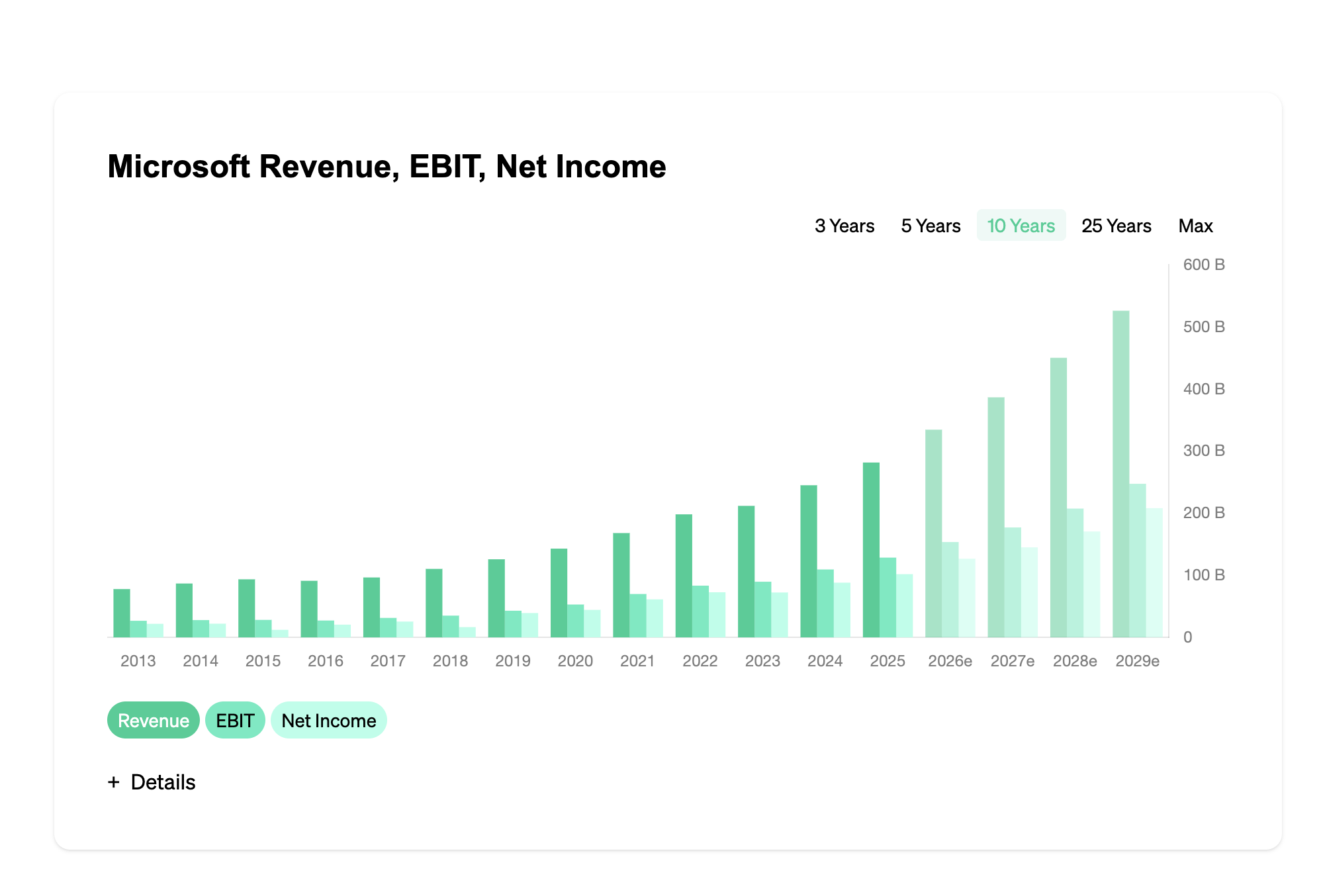Build Own Operate
Definition and Explanation
TL;DR – Brief Definition
Go to FAQs →Build Own Operate: Definition: "Build-Own-Operate" (BOO) describes a business model commonly used in infrastructure development and project financing. It refers to a contractual arrangement where a party, usually a private company or consortium, assumes the responsibility for designing, constructing, owning, and operating a facility or infrastructure asset. This model is prevalent in various sectors, including energy, transportation, telecommunications, and public-private partnerships (PPP). "Build-Own-Operate" projects typically involve a lengthy contractual framework known as a concession agreement, which outlines the rights, obligations, and financial arrangements between the project company and the public entity or grantor. The project company assumes the risk involved in developing and operating the asset, usually financing a significant portion of the project costs through debt and equity. From a financial perspective, the project company may secure funding from various sources, including commercial banks, development banks, institutional investors, and capital markets. The funds acquired are primarily used to finance construction and acquisition costs. The company then generates revenue by operating the asset and charging users (e.g., toll fees for roads, electricity tariffs for power plants) or through a concession fee, as agreed upon in the concession agreement. The "Build-Own-Operate" model offers advantages to both the project company and the grantor. For the project company, it allows them to participate in infrastructure development, providing a steady revenue stream over an extended period. Additionally, the concession agreement guarantees the project company exclusive rights to operate the asset during the concession period. On the other hand, the grantor benefits from "Build-Own-Operate" projects by transferring the risks associated with infrastructure development, operation, and maintenance to the project company. In the case of PPPs, this model allows the government to leverage private sector expertise and resources, avoiding the burden of financing infrastructure projects solely using public funds. Overall, the "Build-Own-Operate" model has proven to be an effective mechanism for infrastructure development and finance. Its flexibility and potential for attracting private investment have made it a popular choice for various capital market participants seeking opportunities in infrastructure projects. With well-structured contractual agreements and sound financial management, "Build-Own-Operate" projects can lead to successful investments, spurring economic growth while fulfilling societal needs. As a leading platform for equity research and finance news, Eulerpool.com provides comprehensive insights into the "Build-Own-Operate" model and its applications in capital markets. With our glossary, investors and market participants can stay informed about this and other terms related to stocks, loans, bonds, money markets, and cryptocurrencies. Stay updated with the latest trends and developments in the industry, supporting your investment decisions with expert knowledge. Visit Eulerpool.com today!
Detailed Definition
Frequently Asked Questions about Build Own Operate
Was bedeutet Build Own Operate?
Definition: "Build-Own-Operate" (BOO) describes a business model commonly used in infrastructure development and project financing. It refers to a contractual arrangement where a party, usually a private company or consortium, assumes the responsibility for designing, constructing, owning, and operating a facility or infrastructure asset.
Wie wird Build Own Operate beim Investieren verwendet?
„Build Own Operate“ hilft dabei, Informationen einzuordnen und Entscheidungen an der Börse besser zu verstehen. Wichtig ist immer der Kontext (Branche, Marktphase, Vergleichswerte).
Woran erkenne ich Build Own Operate in der Praxis?
Achte darauf, wo der Begriff in Unternehmensberichten, Kennzahlen oder Nachrichten auftaucht. In der Regel wird „Build Own Operate“ genutzt, um Entwicklungen zu beschreiben oder Größen vergleichbar zu machen.
Welche typischen Fehler gibt es bei Build Own Operate?
Häufige Fehler sind: falscher Vergleich (Äpfel mit Birnen), isolierte Betrachtung ohne Kontext und das Überinterpretieren einzelner Werte. Nutze „Build Own Operate“ zusammen mit weiteren Kennzahlen/Infos.
Welche Begriffe sind eng verwandt mit Build Own Operate?
Ähnliche Begriffe findest du weiter unten unter „Leserfavoriten“ bzw. verwandten Einträgen. Diese helfen, „Build Own Operate“ besser abzugrenzen und im Gesamtbild zu verstehen.
Lukijoiden suosikit Eulerpoolin pörssisanakirjassa
Unterschiedsreaktion
Das Wort "Unterschiedsreaktion" bezieht sich auf eine analytische Technik, die in der Chemie und Pharmazie angewendet wird, um Substanzen zu identifizieren und zu charakterisieren. Es handelt sich um eine qualitative...
Going Private
"Going Private" - Definition im Bereich der Kapitalmärkte "Going Private" bezieht sich auf den Prozess, bei dem ein öffentlich gehandeltes Unternehmen in den Privatbesitz überführt wird. Dieser Vorgang wird häufig von...
berufliche Bildung
Berufliche Bildung ist ein zentraler Begriff im Bereich der Arbeits- und Karriereentwicklung und bezieht sich auf die gezielte Ausbildung und Qualifizierung von Fachkräften für den Arbeitsmarkt. In Deutschland trägt die...
Medium Term Notes
Medium Term Notes (MTN) (dt. Mittelstandsanleihen) sind festverzinsliche Schuldverschreibungen, die von Unternehmen und Regierungen am Kapitalmarkt emittiert werden. Im Gegensatz zu langfristigen Anleihen haben MTN in der Regel eine Laufzeit...
Imperialismus
Als Imperialismus bezeichnet man eine politische, wirtschaftliche und territoriale Ausdehnungspolitik, die von einem Staat oder einer Gruppe von Staaten verfolgt wird, um ihren Einflussbereich über andere Länder und Regionen auszudehnen....
Versicherungsbehörden
Versicherungsbehörden sind staatliche Einrichtungen, die für die Regulierung und Aufsicht des Versicherungssektors zuständig sind. Sie spielen eine entscheidende Rolle bei der Gewährleistung der Stabilität und Integrität des Versicherungsmarktes. Die Hauptaufgaben der...
Deutsche Werbewissenschaftliche Gesellschaft e.V. (DWG)
Die Deutsche Werbewissenschaftliche Gesellschaft e.V. (DWG) ist eine renommierte Vereinigung von Experten und Fachleuten auf dem Gebiet der Werbewissenschaft in Deutschland. Als eine gemeinnützige Organisation spielt die DWG eine wichtige...
Arbeitskostenindex
Arbeitskostenindex – Definition und Bedeutung für Investoren in den Kapitalmärkten Der Arbeitskostenindex ist eine wichtige finanzielle Metrik, die Investoren in den Kapitalmärkten bei der Bewertung von Unternehmen und der Analyse von...
verdeckte Sacheinlage
Die "verdeckte Sacheinlage" ist ein Begriff, der sich auf eine spezielle Art der Kapitaleinlage bezieht, die von Investoren in das Unternehmen geleistet wird. Dieser Begriff wird häufig in Bezug auf...
Privatanleger
Die Bezeichnung "Privatanleger" bezieht sich auf eine natürliche Person, die eigenständig Geld in verschiedene Anlageklassen investiert, wie zum Beispiel Aktien, Anleihen, Fonds oder auch Kryptowährungen. Im Gegensatz dazu stehen institutionelle...

